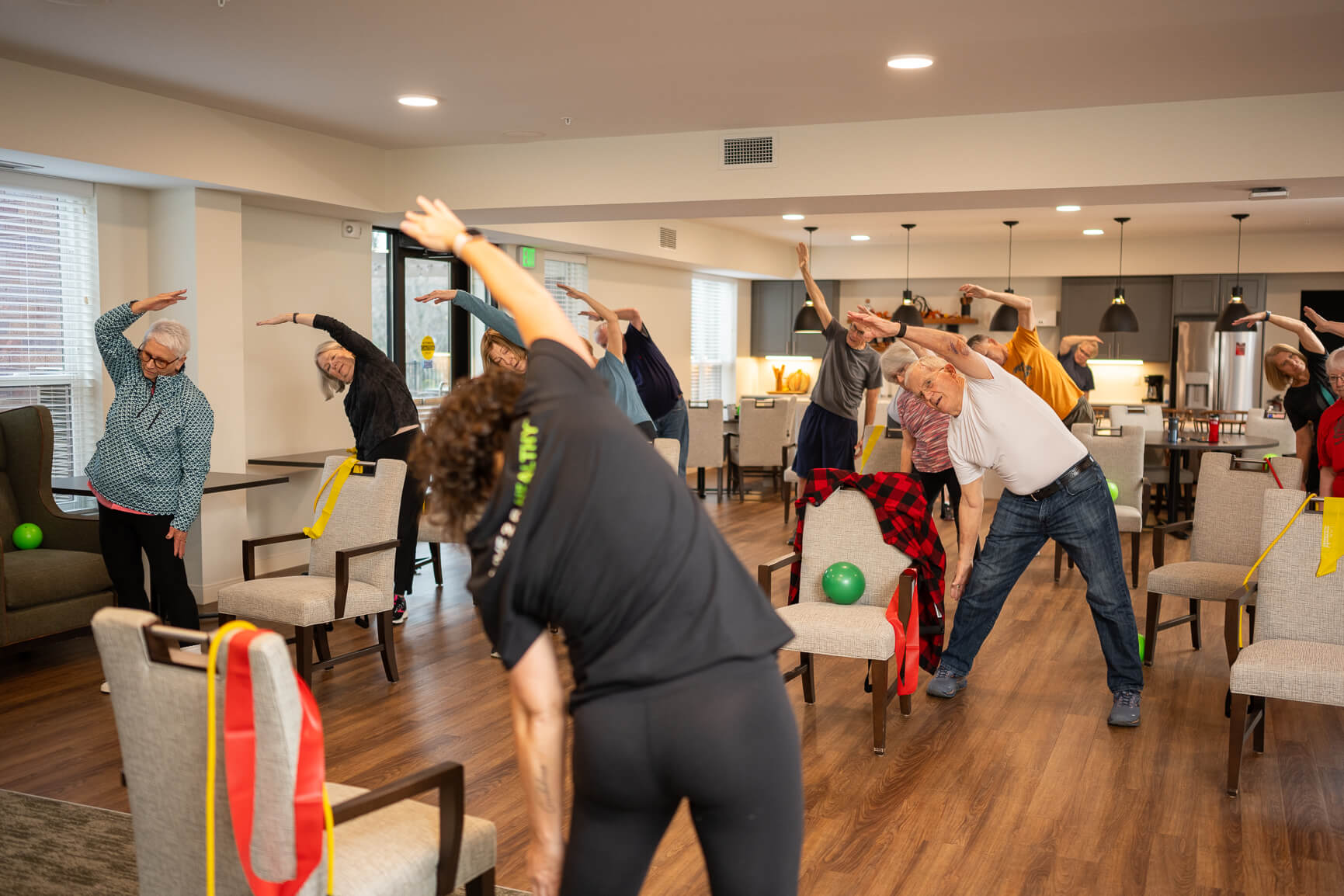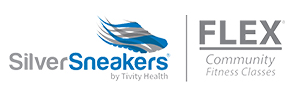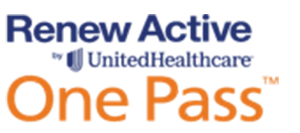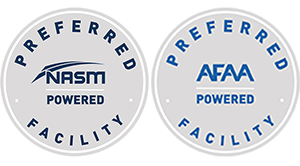Heart disease remains one of the leading health concerns in the United States, affecting millions of individuals and accounting for a significant number of deaths each year. This complex group of conditions encompasses various heart-related problems, including coronary artery disease, heart rhythm disorders, and heart defects.
One of the most crucial steps in reducing the risk of heart disease is managing blood pressure effectively. High blood pressure, often referred to as the “silent killer,” can go undetected for years, causing damage that leads to severe complications. By maintaining healthy blood pressure levels, individuals can significantly lower their chances of developing serious health conditions.
This comprehensive guide provides actionable tips for managing blood pressure and reducing heart disease risks, with a special focus on strategies for seniors.
Understanding Heart Disease and Blood Pressure
Heart disease is a term used to describe a range of conditions that affect the heart’s function and blood vessels. Common types include coronary heart disease, which often leads to heart attacks, heart failure, where the heart cannot pump effectively, and arrhythmias, which are irregular heartbeats.
Statistics:
- In 2022, 702,880 people died from heart disease—equivalent to 1 in every 5 deaths.
- One person dies every 33 seconds from cardiovascular disease, highlighting its prevalence and danger.
- Coronary heart disease is the most common type of cardiovascular disease, with it killing more than 371,506 people in 2022.
- The economic cost of heart disease was approximately $252.2 billion from 2019 to 2020, which includes healthcare services, medicines, and lost productivity. This makes heart disease not just a health issue but an economic burden as well.
What Is High Blood Pressure?
High blood pressure, also called hypertension, is a major risk factor for heart disease. It occurs when the force of blood pushing against the artery walls is consistently too high. Over time, this pressure damages the heart, blood vessels, and other organs.
Hypertension is particularly dangerous because it often has no obvious symptoms, making regular blood pressure readings essential for those in at-risk categories.
Consequences of Hypertension
Unchecked high blood pressure can lead to severe health issues, many of which are life-threatening:
- Heart Attack: Blocked arteries prevent the flow of blood to the heart muscle, causing irreversible damage.
- Stroke: Blood vessels in the brain can burst or become blocked, leading to significant neurological impairment or death.
- Heart Failure: Hypertension makes the heart muscle work harder, leading to hypertensive heart disease, where the heart becomes enlarged and struggles to pump blood effectively.
- Kidney Failure: Damaged arteries around the kidneys impair their function, leading to chronic kidney disease and eventual kidney failure.
- Vision Loss: Strained blood vessels in the eyes can lead to blurred vision, retinal damage, or permanent vision loss.
- Atherosclerosis: Chronic hypertension allows plaque buildup in arteries, restricting blood flow and increasing the risk of heart attack or stroke.
- Angina: Chronic hypertension can lead to chest pain from reduced blood supply to the heart muscle.
These consequences illustrate why keeping blood pressure in a healthy range is crucial to overall health and why it’s important to take preventative action.
Connection Between Heart Disease and Managing Blood Pressure
Managing blood pressure reduces strain on the heart and lowers the risk of heart attack, stroke, and kidney damage. It’s a crucial step for anyone looking to improve cardiovascular health. For individuals with a history of heart disease or hypertension, working with a healthcare provider to establish blood pressure goals and monitor progress is essential.

Common Risk Factors for Heart Disease and High Blood Pressure
Several risk factors contribute to heart disease and high blood pressure, ranging from lifestyle choices to underlying health conditions and genetics.
Lifestyle Risk Factors
- Poor Diet: Diets high in sodium, processed foods, and unhealthy fats contribute to hypertension and elevated cholesterol levels, increasing the risk of heart disease.
- Physical Inactivity: A sedentary lifestyle weakens the heart muscle and reduces the body’s ability to regulate blood pressure effectively.
- Smoking and Alcohol Consumption: Smoking damages blood vessels, while excessive alcohol intake raises blood pressure and contributes to atherosclerosis.
Health Risk Factors
- High Cholesterol and Obesity: Excess blood cholesterol leads to plaque buildup in arteries, while obesity strains the heart and increases the risk of hypertension.
- Diabetes and Uncontrolled Blood Sugar Levels: High blood sugar damages blood vessels and accelerates the development of heart disease.
- Chronic Stress: Long-term stress triggers systemic inflammation and hormonal changes that elevate blood pressure.
Age and Genetics
- Age: Seniors are at an increased risk of hypertension and heart disease due to natural changes in the cardiovascular system over time.
- Family History: Genetics play a significant role in determining susceptibility to heart disease and high blood pressure.
Quick Facts About Managing Blood Pressure
Combating elevated blood pressure is not just about medication; it involves a multifaceted approach that includes lifestyle changes and regular monitoring. Understanding these key facts can empower individuals to take charge of their heart health and significantly reduce their risk of heart disease. Here are some essential insights to consider:
The Importance of Regular Monitoring
Monitoring blood pressure helps detect and address issues early, preventing long-term damage.
Healthy Blood Pressure Ranges according to the American Heart Association:
- Normal: Less than 120/80 mm Hg.
- Elevated: Systolic blood pressure between 120-129 mm Hg and diastolic blood pressure less than 80 mm Hg.
- Hypertension: Systolic 130 mm Hg or higher, or diastolic 80 mm Hg or higher.
- Hypertension Crisis: Higher than 180. Consult your physician or any health care professional immediately.
Regular checkups with a healthcare professional and using home monitors are effective strategies to stay within a healthy range.
The Role of Exercise
- Regular aerobic exercise improves blood flow and strengthens the heart muscle.
- Activities such as brisk walking, swimming, or cycling for at least 150 minutes per week can significantly reduce systolic and diastolic blood pressure.
- Strength training, yoga, and balance exercises provide additional benefits by enhancing overall fitness levels.
The Impact of Diet
- A heart-healthy diet emphasizes fresh fruits, vegetables, whole grains, and lean proteins.
- The DASH diet (Dietary Approaches to Stop Hypertension) has been shown to lower blood pressure by reducing sodium intake and increasing potassium.
- Avoid processed foods and excessive salt consumption, and focus on natural potassium-rich options like bananas, spinach, and sweet potatoes.
Stress Management
- Chronic stress is a major risk factor for hypertension.
- Techniques such as deep breathing exercises, mindfulness meditation, and progressive muscle relaxation can help manage stress levels.
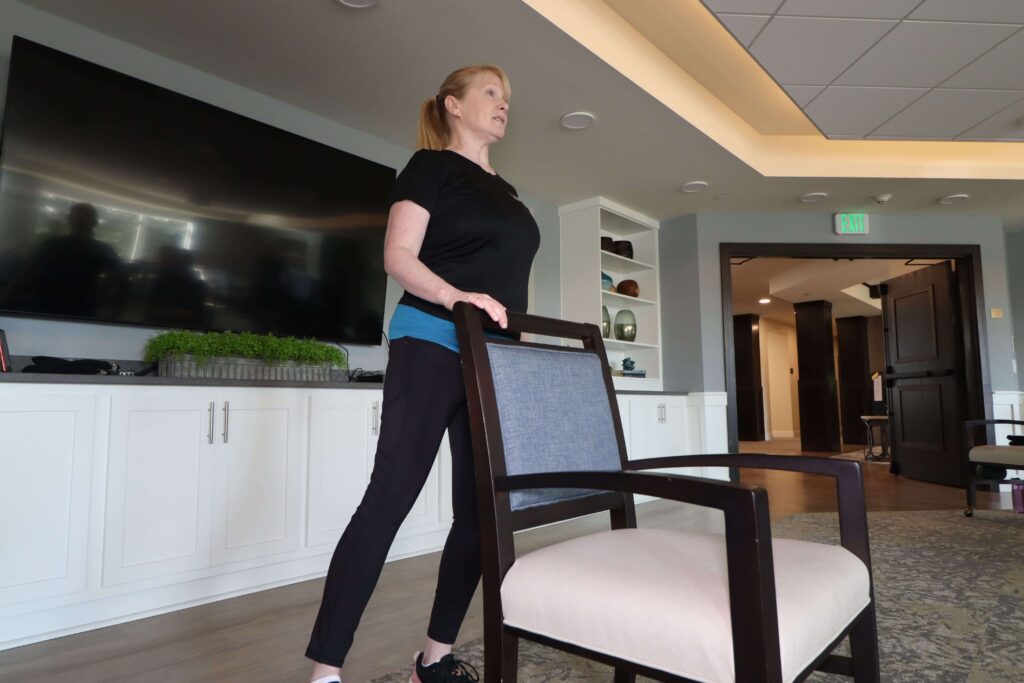
How Seniors Can Specifically Lower Their Risks
Seniors face unique challenges when it comes to managing blood pressure and heart disease. However, there are tailored strategies that can significantly improve their outcomes.
- Exercise and Physical Activity for Seniors: Low-impact activities like walking, water aerobics, and chair exercises improve cardiovascular health without putting undue strain on joints, while balance and flexibility exercises reduce the risk of falls, a common concern for older adults.
- Medication Management: Seniors should work closely with health care providers to manage blood pressure medicine and ensure they are effective. Regularly reviewing prescriptions is also essential to avoid potential side effects or interactions with other medications.
- Routine Health Checkups: Regular checkups help detect early signs of heart disease, monitor blood pressure readings, and adjust treatment plans as needed.
- Community Support and Fitness Programs: Joining senior-focused wellness programs provides social connection and tailored physical activity. Programs like those offered by Live 2 B Healthy promote cardiovascular health in senior living communities through customized fitness routines
Additional Tips to Manage Blood Pressure at Any Age
- Maintain a healthy weight with a balanced diet and regular exercise.
- Limit sodium, alcohol, and caffeine consumption to reduce the risk of hypertension.
- Stay hydrated and prioritize getting 7-9 hours of sleep per night.
- Avoid smoking and explore stop-smoking medicines if needed.
- Monitor blood sugar levels regularly, especially for individuals with diabetes, as uncontrolled blood sugar contributes to heart disease.
Conclusion: How Live 2 B Healthy Can Help Seniors Manage Heart Disease and Blood Pressure
Managing blood pressure is essential for reducing the risk of heart disease and improving overall health. Seniors, in particular, can benefit from tailored fitness programs that address their specific needs, providing support for better cardiovascular health.
Live 2 B Healthy specializes in senior-focused wellness programs, offering exercise and community engagement that help improve heart health. By promoting regular physical activity, stress management, and healthy lifestyle habits, these programs empower seniors to take control of their health.
Contact Live 2 B Healthy to integrate these programs into senior living communities and start building healthier lives today.




